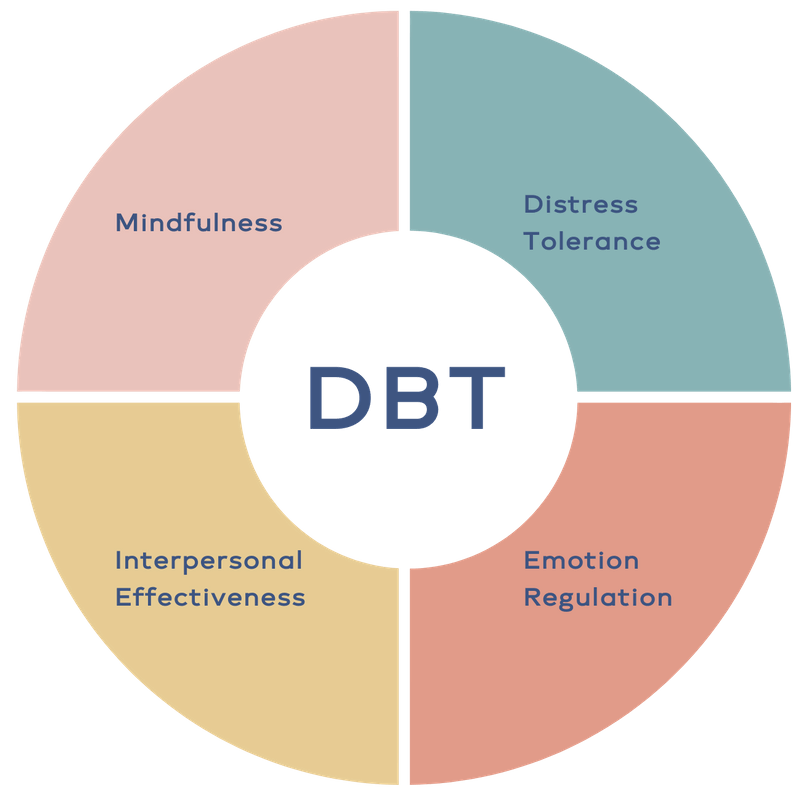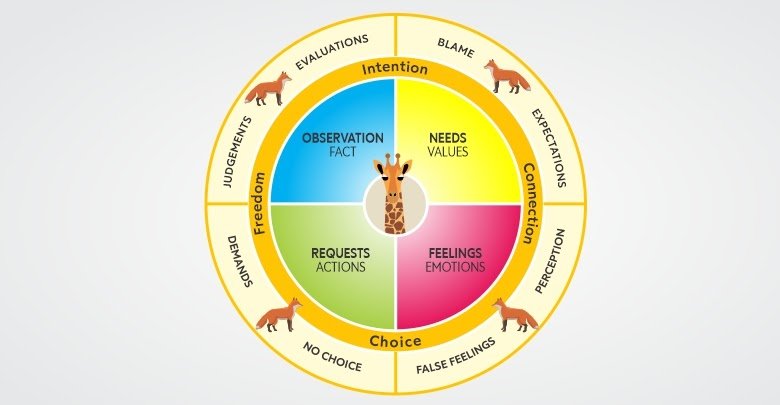Couples therapy approaches
Emotionally focused therapy (EFT) is a form of psychotherapy developed by Sue Johnson in the 1980s. It is based on the idea that emotional experiences and expressions play a central role in shaping our thoughts, behaviors, and relationships. EFT is designed to help couples understand and express their emotions in a healthy and adaptive way, and to develop a more secure and fulfilling relationship with each other. EFT involves the creation of a safe and supportive therapeutic environment, exploration of emotions and experiences, and the development of new ways of relating to our partners.
The Gottman Method is a form of psychotherapy that was developed by John and Julie Gottman in the 1970s. It is based on the idea that healthy relationships are built on a foundation of trust, communication, and mutual support, and that these foundations can be strengthened through therapy. The Gottman Method is designed to help couples identify and address the underlying issues in their relationship and develop the skills and strategies needed to improve communication, manage conflict, and build a strong and lasting bond.










